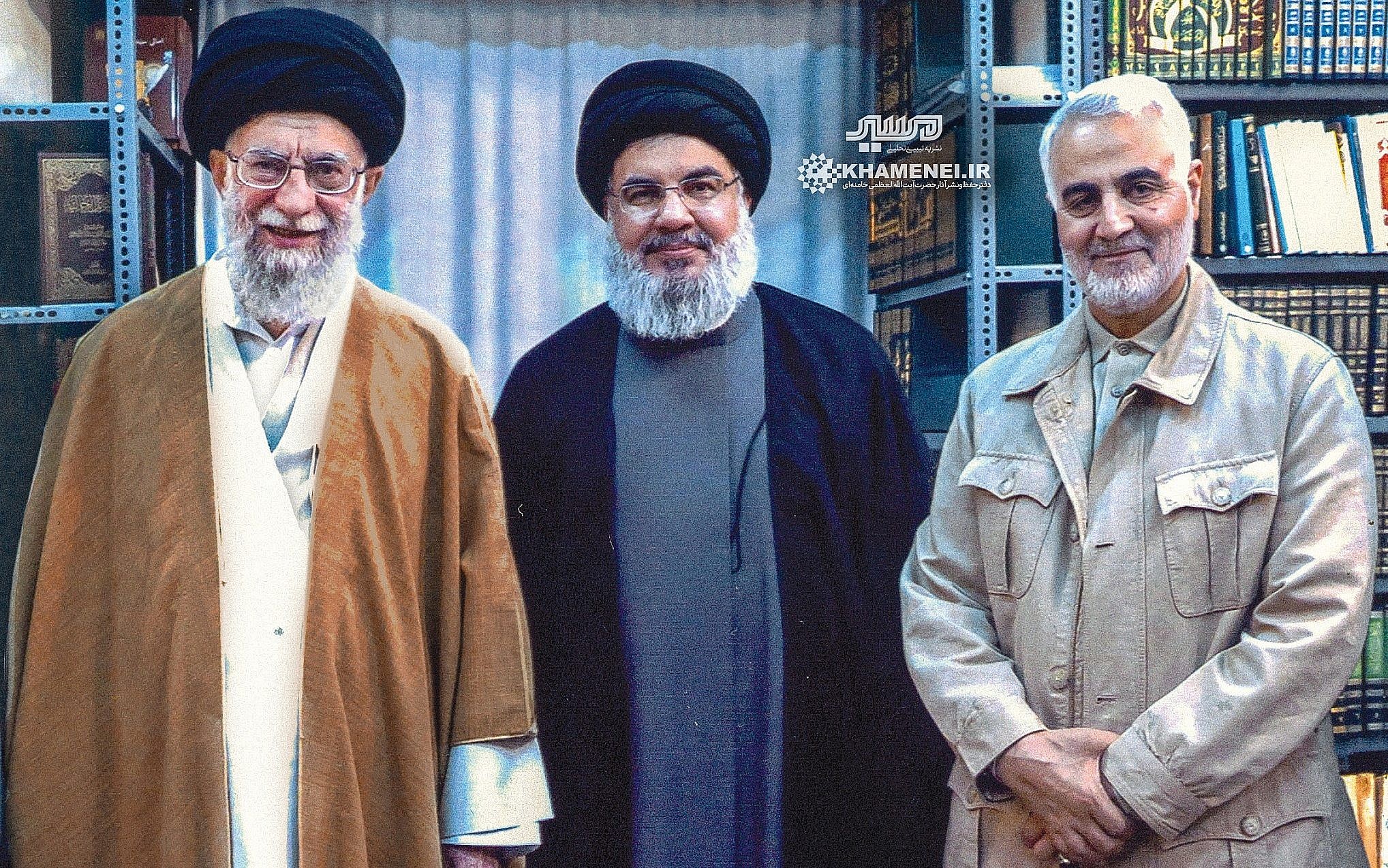
The IRGC's commander, General Qassem Soleimani, had previously been instrumental in shaping Iran's military and political strategies throughout the region. His involvement with Hezbollah, particularly in the context of the Syrian Civil War, has solidified the group as a crucial ally for Iran against what both parties perceive as common threats, primarily from Israel and the United States. The loss of such a high-ranking official signifies a potential shift in the operational dynamics within the IRGC and its support for militant groups in Lebanon.
Following the incident, Iranian officials expressed their commitment to avenging the deaths of their personnel and allied fighters. Iranian Foreign Minister Hossein Amir-Abdollahian stated that the nation would not tolerate attacks on its military advisors and allies. Such declarations resonate with Iran's historical narrative of resistance against foreign aggression, especially from Israel, which has conducted numerous strikes against Iranian assets in Syria and Lebanon.
The Iranian military's announcement regarding the body’s recovery was made amidst escalating rhetoric from both Tehran and Tel Aviv. Israeli officials have indicated that they will continue their operations to thwart what they view as Iranian entrenchment in Syria and Lebanon. They argue that the presence of Iranian forces and proxies along their borders poses a direct threat to national security.
The incident not only underscores the complex interplay between Iranian and Israeli forces but also reveals Hezbollah's precarious position. While Hezbollah is a powerful military entity with significant political influence in Lebanon, its reliance on Iranian support raises concerns about its independence and ability to operate autonomously in regional conflicts. Analysts suggest that this dependency could be exploited by adversaries, as they may view Hezbollah's losses as an opportunity to undermine its credibility and operational effectiveness.
In response to the Israeli attack, Hezbollah vowed to retaliate. The group's leadership issued a statement calling for unity among Lebanese factions to resist foreign aggression, framing the incident as a martyrdom that would inspire further resistance. Such messaging is critical for Hezbollah's domestic and regional standing, as it aims to portray itself as a defender of Lebanese sovereignty against external threats.
The broader implications of this development extend beyond Lebanon and Iran. The geopolitical landscape of the Middle East remains fragile, with numerous actors vying for influence. The Iranian-Israeli rivalry continues to be a significant source of tension, with both nations seeking to assert their dominance in the region. The recovery of the IRGC general's body may lead to increased Iranian military presence or enhanced cooperation between Iran and Hezbollah, further complicating the already tense relations among regional players.
The dynamics of the Syrian Civil War, particularly in light of Iran's support for the Assad regime, play a crucial role in this scenario. As various factions vie for control and influence, the presence of Iranian military advisors and allied forces becomes a focal point for conflict. Israel's aggressive posture toward these forces is likely to intensify as it seeks to disrupt Iranian supply lines and prevent the establishment of a permanent Iranian military foothold in Syria.
The United States has consistently voiced its support for Israel, with Washington's strategic interests often aligning with Israeli security concerns. The Biden administration has reiterated its commitment to countering Iranian influence across the region, which complicates the already intricate geopolitical calculations for all parties involved.
This incident may also influence domestic politics within Iran. The ruling government has faced criticism for its handling of external threats and military engagements, and public sentiment may shift depending on the government's response to the deaths of military personnel. The Iranian leadership is likely aware of the need to project strength and resilience in the face of external pressures, especially as regional tensions continue to rise.
Topics
Politics
